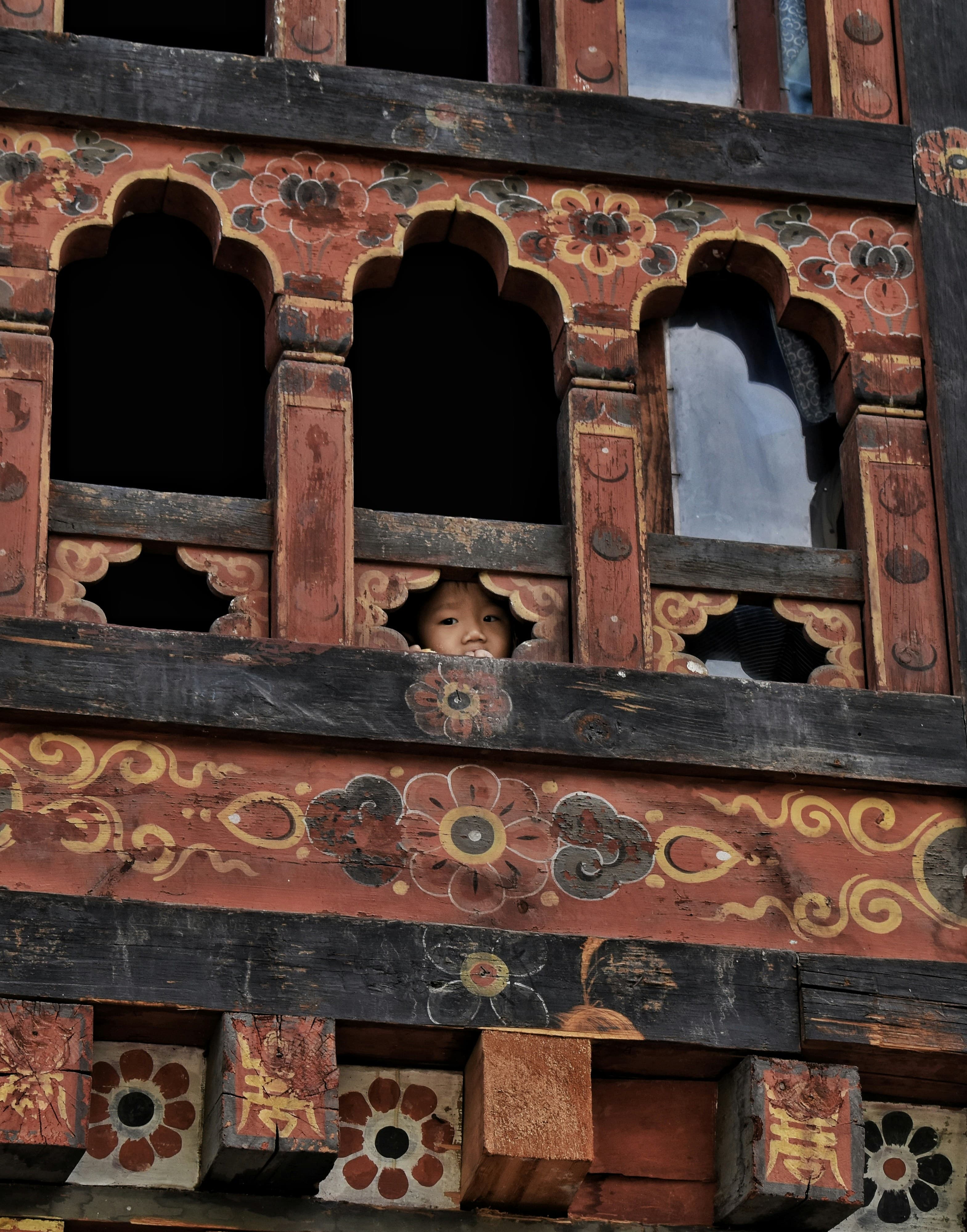
Bhutan, nestled in the Eastern Himalayas, is a land of breathtaking beauty, rich culture, and deep spiritual traditions. Known as the "Last Shangri-La," the country prioritizes well-being through Gross National Happiness (GNH) rather than material wealth. Bhutan preserves its ancient traditions while embracing modernity, with Buddhism playing a central role in daily life. The nation is also a global leader in environmental conservation, being the only carbon-negative country.
Nestled in the heart of the Eastern Himalayas, Bhutan is a land of untouched beauty, rich culture, and deep spiritual traditions. Known as the "Last Shangri-La," this small kingdom is famous for its breathtaking landscapes, vibrant festivals, and commitment to preserving its unique identity. Unlike most nations, Bhutan measures progress through Gross National Happiness (GNH), prioritizing well-being over material wealth.
Bhutan is one of the few countries in the world that has preserved its ancient traditions while embracing modernity. The kingdom is ruled by a constitutional monarchy, with a deep reverence for Buddhism, which influences every aspect of life. The country’s monasteries, such as the iconic Tiger’s Nest (Paro Taktsang), stand as testaments to its rich spiritual heritage.
Bhutan is a global leader in environmental conservation. More than 70% of its land remains forested, and it is the only carbon-negative country in the world, absorbing more carbon dioxide than it produces. The government strictly regulates tourism to protect its pristine landscapes and ensure sustainable development. Trekking through lush valleys, snow-capped peaks, and serene villages offers visitors an unparalleled experience of nature’s wonders.
Bhutanese festivals, or tshechus, are grand celebrations of culture and spirituality. Dancers adorned in colorful masks and traditional costumes perform sacred rituals, telling stories of Buddhist legends. The Paro and Thimphu Tshechus are among the most popular, drawing locals and tourists alike to witness these mesmerizing performances.
Bhutanese food is simple yet flavorful, with Ema Datshi (chilies and cheese) being the national dish. Other staples include red rice, momo dumplings, and butter tea. The Bhutanese diet is heavily influenced by its geography, using locally sourced ingredients to create unique flavors.
Unlike mass tourism destinations, Bhutan enforces a “High-Value, Low-Impact” policy. Tourists must pay a daily fee, which includes accommodation, food, and a licensed guide. This ensures that tourism benefits the local economy while preserving Bhutan’s cultural integrity. Visitors leave with not just memories but a deep sense of connection to this mystical land.
Bhutan is more than just a travel destination—it is an experience of peace, nature, and spirituality. Whether you are exploring its ancient monasteries, hiking through its untouched landscapes, or engaging with its warm and welcoming people, Bhutan leaves an indelible mark on your soul. In a fast-paced world, this tiny kingdom stands as a reminder that happiness lies in simplicity, balance, and harmony with nature.
If you ever seek an escape to a land where time slows down and happiness reigns, Bhutan is waiting for you.